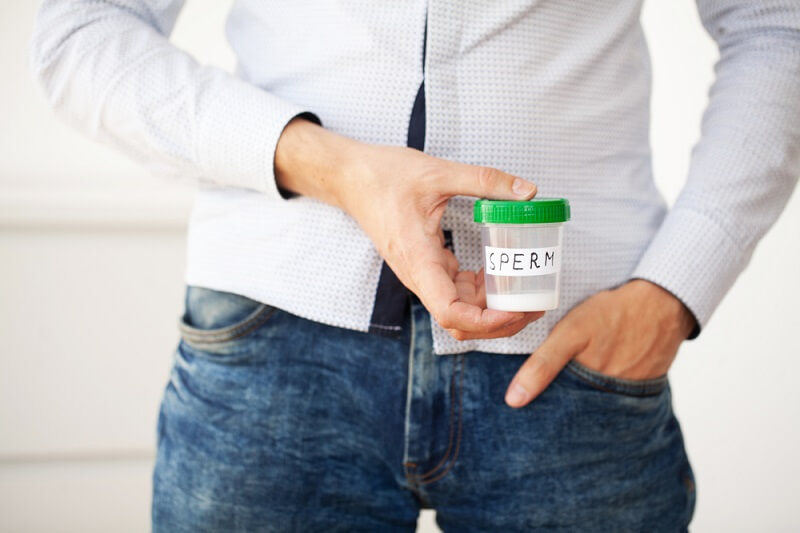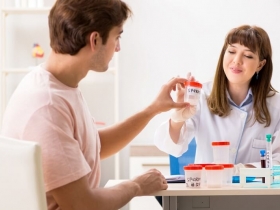What should you know before choosing a sperm donor?
People choose to use a sperm donor for a variety of reasons. Some couples may struggle with male infertility, other couples may be worried about genetic diseases they could carry, and some people just don’t have someone they can or would like to have biological children with. There is no right or wrong reason for choosing to use a sperm donor. It is important to be informed before you make this important choice about your future family.
What is sperm donation?
Sperm donation is when a man donates semen to help a couple have a baby. Donated sperm can either be injected into a woman’s uterus or fertilize eggs in a lab. Most men who donate sperm to a sperm bank are paid for this service, they also undergo extensive tests. Sperm donation can also be done out of a fertility clinic with a volunteer, but this isn’t recommended. Fertility clinics offer valuable assistance and information about sperm donation. At a fertility clinic sperm is collected and typically frozen for about six months to ensure the donor passes his tests. After the donor is cleared the sperm is unfrozen and ready for donation. [1]

How do I know a sperm donor candidate is qualified?
Candidates donating sperm can not typically donate sperm with no other information about themselves and their health. While this donor will most likely not be involved in your child’s life at all, their background and health are still very important information. Most sperm donors undergo a series of tests before they can donate sperm at a clinic. These tests include:
- Family history including any health issues in their family that may be genetic.
- Semen health, ensuring they have a normal sperm count.
- Testing for infectious and sexually transmitted diseases. This is extremely important and there is usually extensive testing in this area.
- Blood typing.
- Testing for genetic disease.
The candidates you choose from will have all had to pass these tests and prove their health. This makes the process easier since every candidate you have to choose from has these basic and important qualifications. At some sperm banks, you can learn more about your donor’s life and career if that is important to you. It is also important to not get overwhelmed with information about your donor, since due to these tests all of your choices are good ones. [2]
What is the best donor arrangement?
There are a couple of options when it comes to the arrangement of your family and the sperm donor you choose. There are typically a few options: the anonymous route where you don’t know anything about the donor, or a known donor. This is an important choice that will impact you and your future child.
An anonymous donor arrangement can be the best option for some. This is when the donor and the prospective parents know nothing about each other. Neither the donor nor prospective parent will be able to contact one another. There is usually some information on the donor provided such as a baby picture, cultural background, profession, hobbies, and or personality. None of the information about the donor is identifiable.
A semi-open donor arrangement is also possible. This arrangement allows for some information to pass between the donor and the prospective parents, but contact is limited. Often the clinic is the intermediary. The donor may be alerted if a pregnancy occurs from their donation. In this arrangement, ongoing communication is rare but possible.
The last type of arrangement is a fully open donor. This is when the donor and parents communicate directly and plan to continue to do this. This arrangement doesn’t guarantee contact between the donor and the child, but it is possible if that is agreed upon.
Whatever arrangement you choose should be the one that feels right for you and your family. Donors can end their contribution after the donation, or you can maintain contact with this person. [3]
Sources:
[1] https://www.mayoclinic.org/tests-procedures/sperm-donation/about/pac-20395032
[2] https://www.webmd.com/baby/how-to-choose-a-sperm-donor#:~:text=One%20of%20the%20most%20important,history%20and%20other%20important%20information.
[3] https://www.verywellfamily.com/understanding-donor-arrangements-4176290






